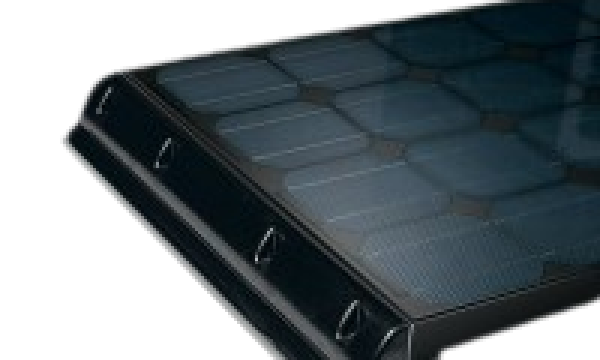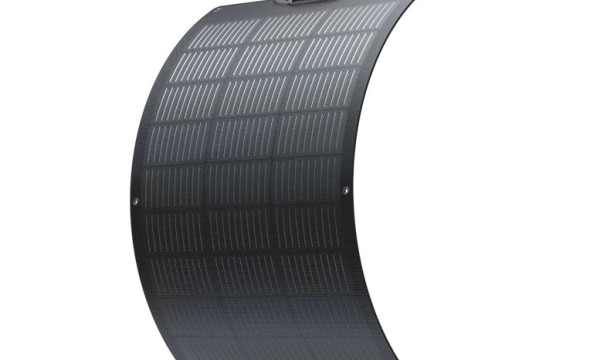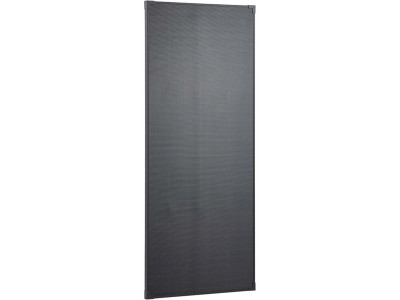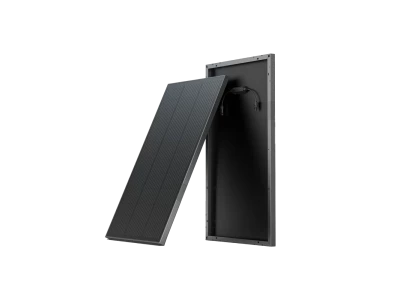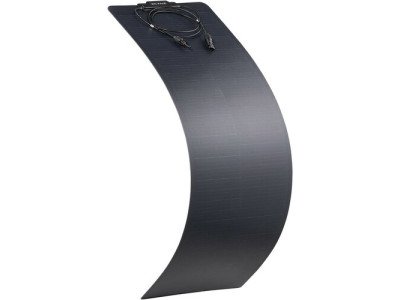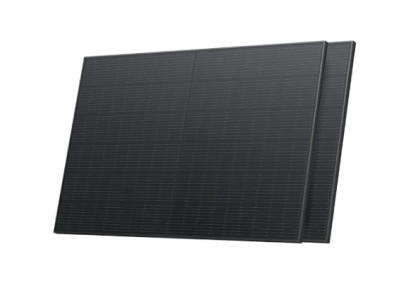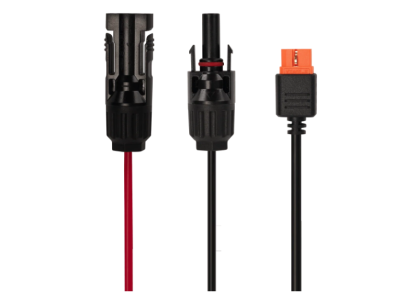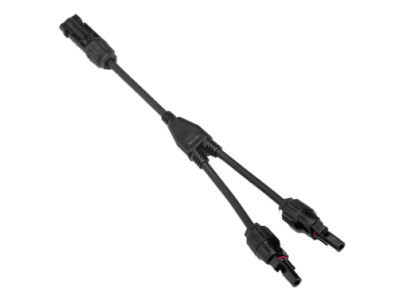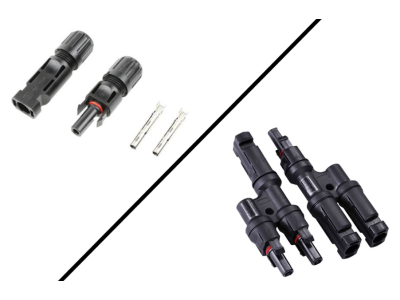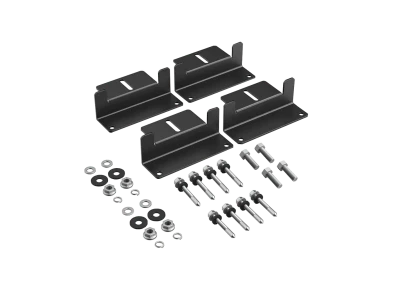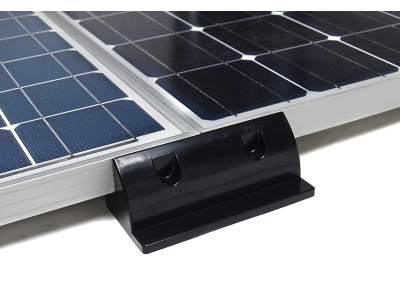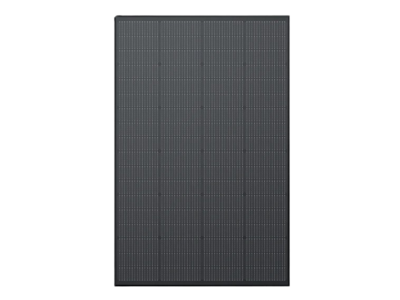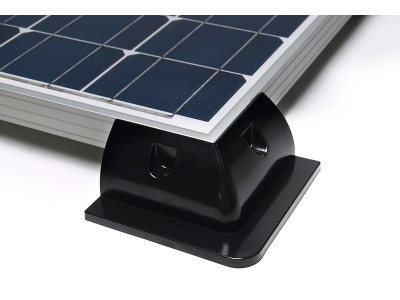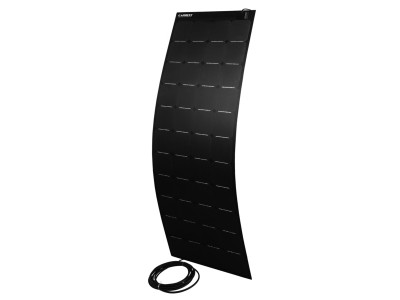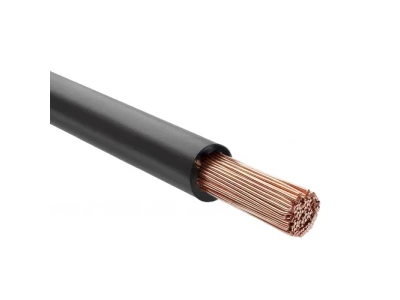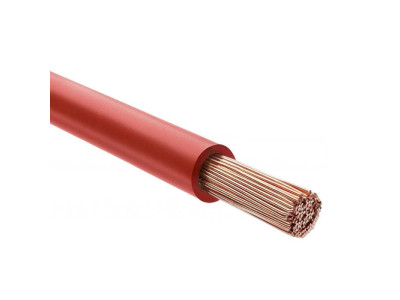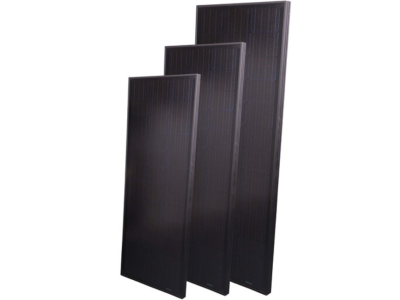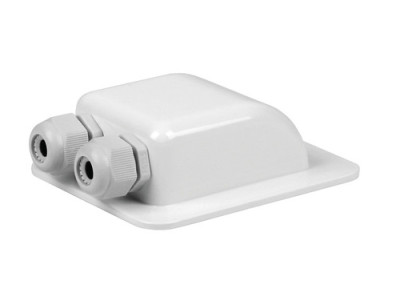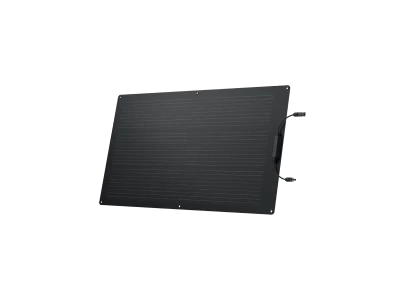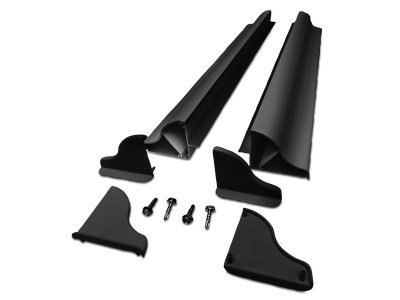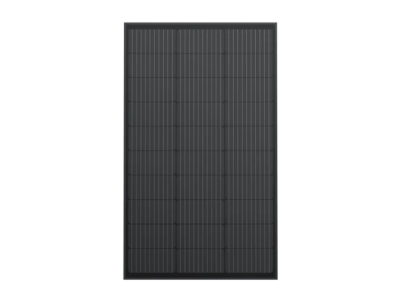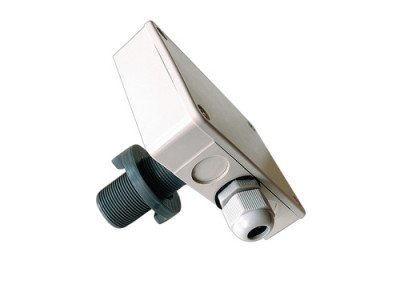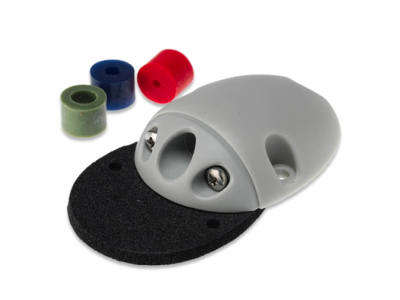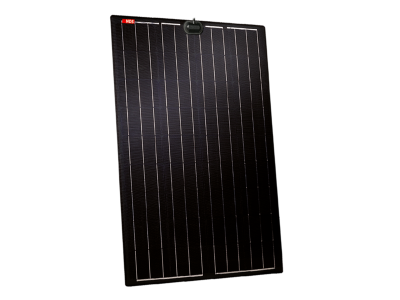Solar Panels
Sale
Premium Products
What is a Solar Panel and what is it used for?
A solar panel captures energy from the sun and converts it into electricity. When used in conjunction with a regulator, it can charge our auxiliary battery. It silently recharges our battery and increases our electrical autonomy when stationary. The increase can vary depending on the amount of sunlight received and our consumption relative to that recharge. It also extends the lifespan of our battery by preventing deep discharges. It's like having a generator that works silently while you enjoy the scenery!
Is it necessary to install a solar panel in a van?
Like everything in the camper world and the choice of accessories, this depends entirely on each person.
A medium-sized van with a compressor fridge, lights, heating, USB and 12V outlets, equipped with a 100Ah AGM or GEL battery in good condition, has an approximate autonomy of 2 days. This can be extended or shortened, mainly depending on the 12V fridge. Very cheap fridges often have poor insulation, making them run more hours per day and significantly reducing autonomy or extending it in the case of a good fridge.
If you have a lithium battery with the same capacity (100Ah), autonomy doubles, as they have twice the performance, reaching approximately 4-5 days when stationary.
If your stationary stay doesn't exceed 4 days, we advise switching to lithium, as it will be a similar price to the solar panel, and you won't have to legalize your secondary battery installation if it's already approved.
If your stationary stay is longer, our advice is to install a solar panel to extend autonomy. However, keep in mind that parking in the sun is necessary, and on cloudy or shorter days, you will receive less charge. It is essential that you can ALWAYS charge from the vehicle's engine.
Therefore, our answer is: Try it out, go out with your van, and find out if you run short of electricity. In that case, we are here to help and advise you based on your needs so that you make the best choice for your situation, which will be different from others.
What types of solar panels are there?
This is where it gets interesting. Basically, there are two types:
Flexible Solar Panels or Rigid Solar Panels. Each has its advantages.
Flexible solar panel:
If you choose flexible solar panels, you'll have an easy-to-install, practically invisible panel that won't add much weight. Thin, light, they adapt to small roof curvatures and do not affect your vehicle's aerodynamics much. However, keep in mind that they are more fragile and less efficient in warm climates. Their price is slightly higher than rigid ones. We recommend them especially in vehicles that do not exceed 2m.
Rigid solar panel:
If you choose rigid solar panels, you'll have a robust, high-performance panel that is more economical than the flexible one. However, it will increase the height of your vehicle by about 5cm, create more air resistance, may cause some noise, and if your roof is not completely flat, fixing it may not be easy. Make sure it's securely attached to avoid it flying off on the road. We recommend them in tall vehicles or those with a roof rack since the height gain is not a disadvantage.
Are you thinking of installing a solar panel in your van?
Our team of experts will take care of the installation for you!
Send us an email, and we will provide you with a customized quote for your van.
If you want more information about solar panels, we invite you to read the article that answers the following questions.
